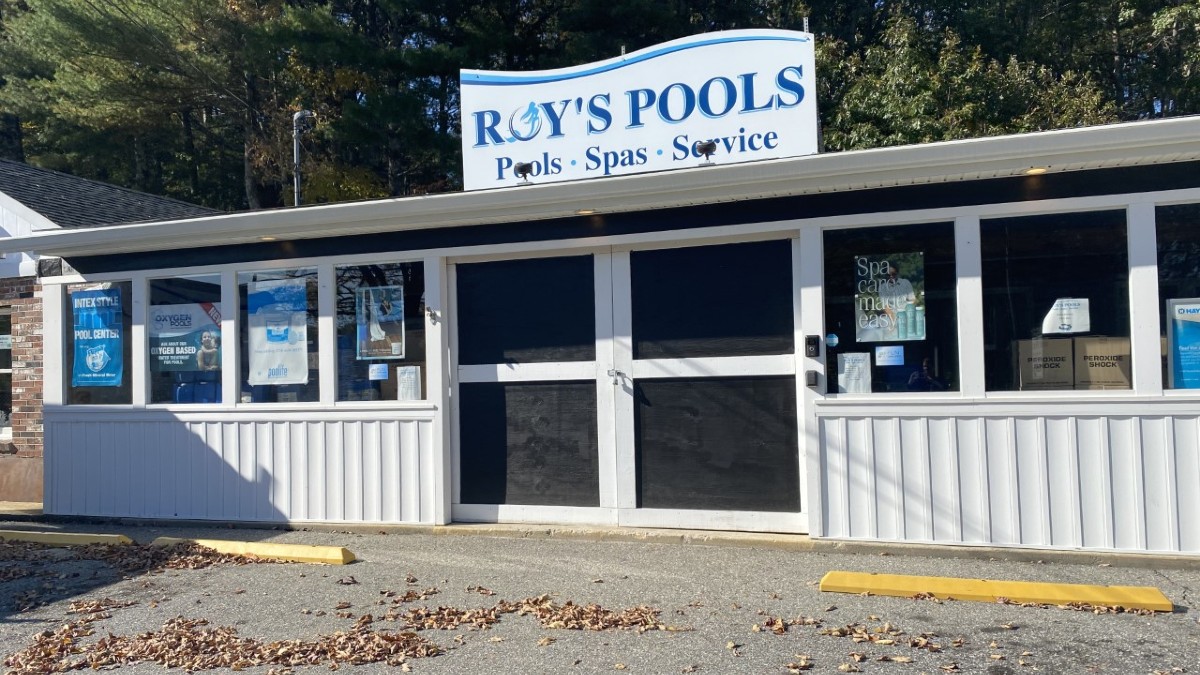The gypsy moth caterpillar has been one of the biggest demons to Connecticut trees recently.
Now with so much defoliation, Congressman Joe Courtney took a tour of Pachaug State Forest to assess the damage.
Trees throughout the largest state forest in Connecticut remain stark and bare.
"The peak in 2017, we saw 1,175,000 acres impacted by the gypsy moth," said State Entomologist Kirby Stafford of The Connecticut Agricultural Experiment Station. Largely in the eastern part of the state, he added.
He was part of the group the tourned Pachaug State Forest with Rep. Joe Courtney to show him the widespread damage.
Drought, coupled with three years of defoliation are to blame.
"A cascade of drought and gypsy moth explosion at the same time so we did not get the control that the fungus provides until very late in 2017," Stafford said.
Local
That fungus keeps the gypsy moth caterpillar under control, but it needs the spring rain.
Much of Connecticut suffered from drought conditions in 2015 and 2016, according to DEEP. While 2017 was wetter, the fungus activated later in the season than expected.
Now many trees are severely compromised and for safety reasons, need to come down.
"(Three years of defoliation is) a significant energy stress on trees and if there's any other stress like drought or age, we see the type of mortality that we've experienced on the landscape," said Dan Evans, a forester for Pachaug State Forest.
Evans said they want to make sure they help some of the oak trees targeted by the gypsy moth come back.
He also said some of the wood of defoliated trees has been recycled by loggers.
Some use is "to try to up all this oak material in long-lived forest products like flooring and furniture that will stay in our homes for years and sequester the carbon that's tied up in these trees," Evans said.
There's also a hefty cost on people and municipalities, which . Courtney recognizes. He's been talking to federal agencies about creative solutions to help.
"The burdens that its created for them in terms of local roads, state roads, the Department of Transportation -- there's obviously powerlines that just are everywhere," Courtney said.
The congressman also talked about supporting forest management through biomass power. Courtney essentially wants to clear out dead trees and convert them into usable energy.



